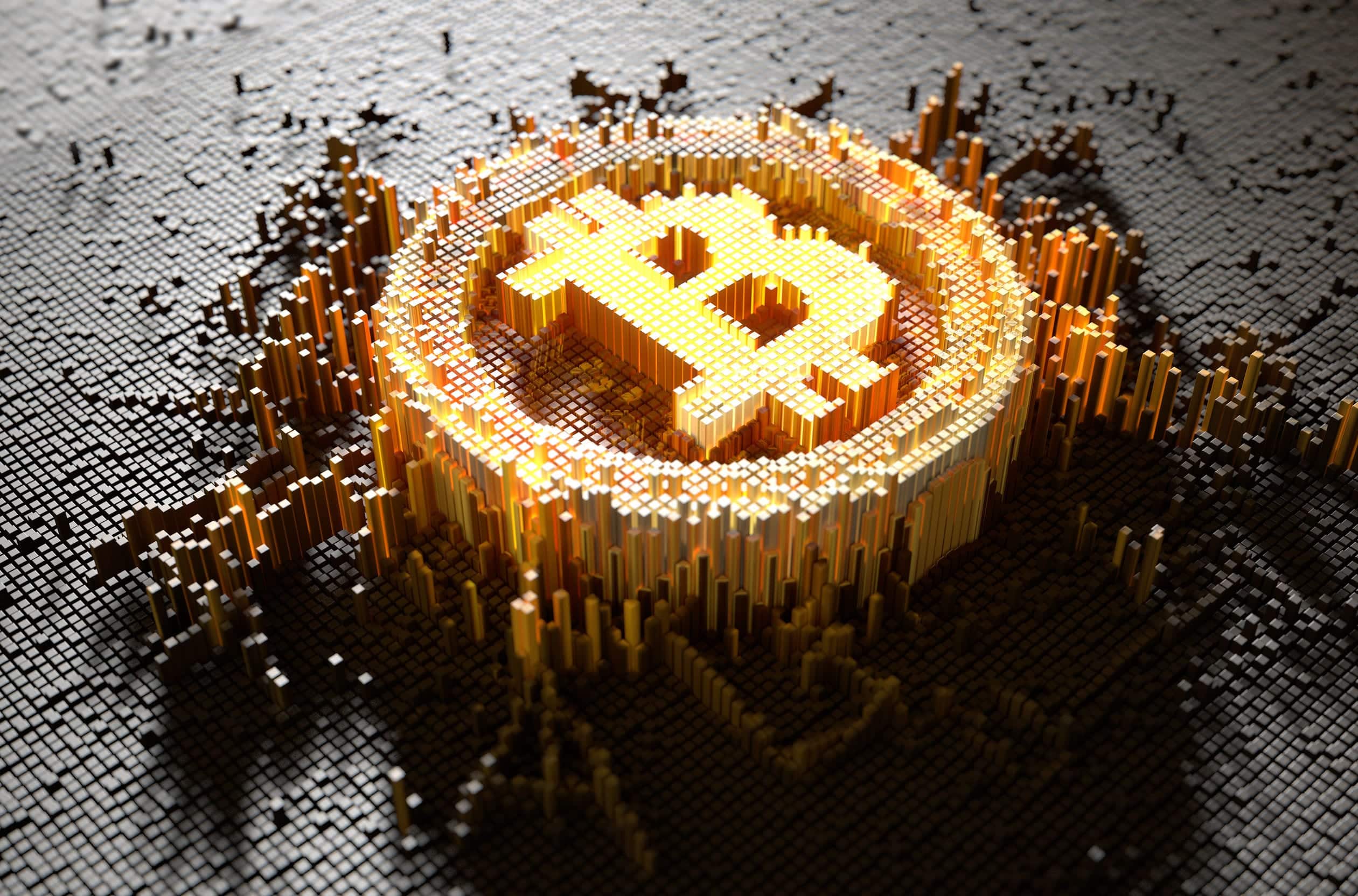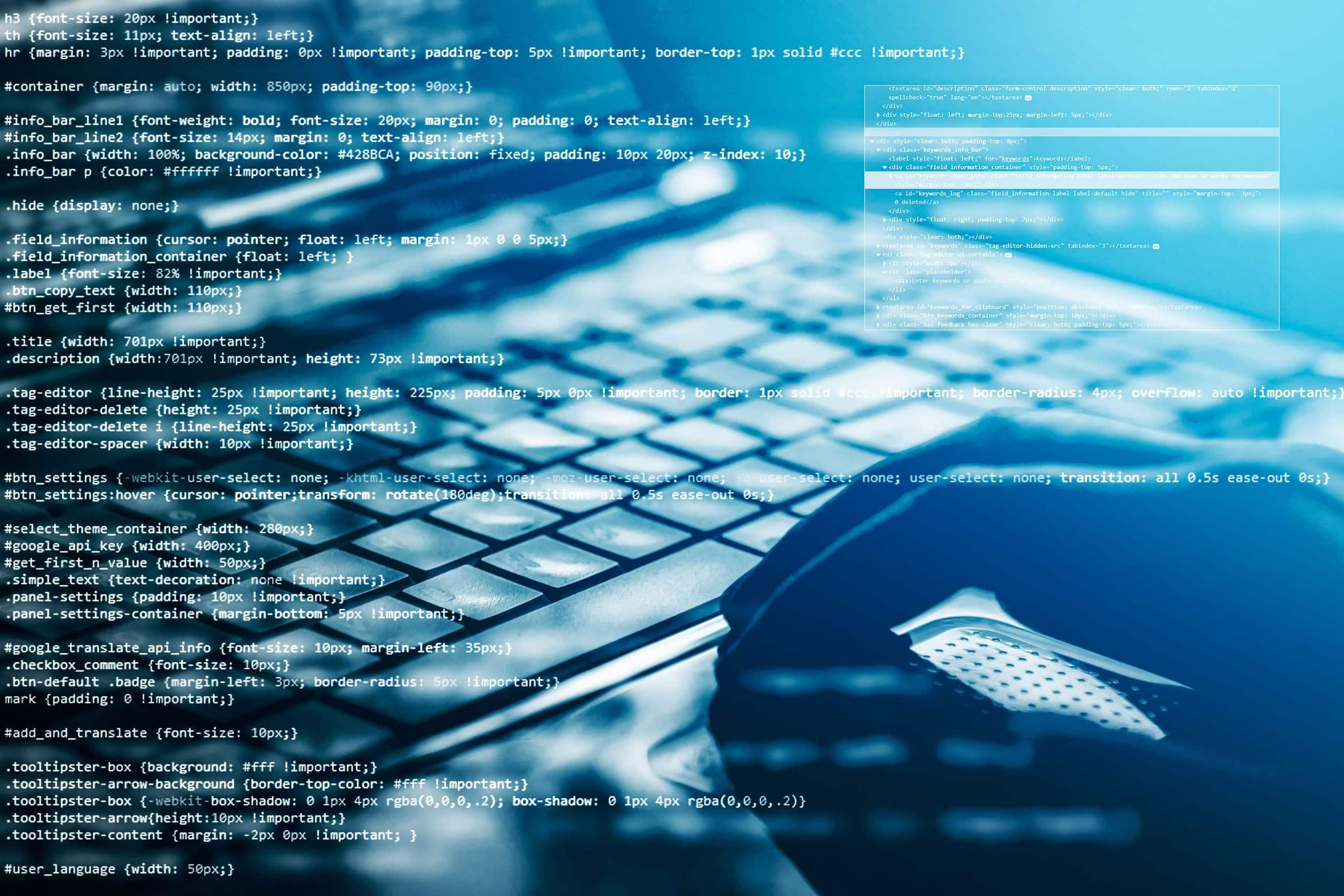- Home
- THE FIRM+
- Criminal Defense+
- CASE RESULTS
- AREAS WE SERVE+
- FAQ’s
- Blog
- Contact
AZHARI LLC BLOG

Posted By: Sami Azhari
Category:
The term “money laundering” was first used in the early 1900s to describe organizations that took income from illegal activities and “washed” it into the flow of legal money. Historically, service-based businesses have been used as money laundering operations, as services are much harder to track than goods.
However, the advent of Bitcoin and other cryptocurrencies has completely changed the nature of money laundering. A Bitcoin is a digital token that can be sent electronically from one user to another. Moreover, Bitcoin is pseudonymous: Anyone can create a Bitcoin wallet, purchase some “offline” and begin sending and receiving bitcoin without giving a name or identity.
Because of this perceived anonymity, bitcoin has been and continues to be used for illegal activity. This means that law enforcement is on the lookout for any illegal acts involving cryptocurrency, including money laundering.
Does that mean you should worry about being targeted just because you use Bitcoin?
Below, we’re going to cover how bitcoin money laundering works, how people get caught, the consequences you could face if you’re investigated or charged with Bitcoin money laundering, and how to fight back against these very serious charges.
The Basics of How Bitcoin Money Laundering Works
In the United States, businesses that transmit government-issued currency, otherwise known as fiat currency (for example, U.S. Dollars via electronic services such as PayPal, Western Union, and MoneyGram), are required to adhere to US Department of Treasury regulations, which effectively prevent money laundering.
Because it is decentralized, Bitcoin is not owned, controlled, or backed by any government or private entity. Though there are forensic blockchain analysts that are able to track down Bitcoin transactions to real-world users, it is not nearly as easily traceable and does not adhere to the US Treasury Department’s guidelines. Bitcoin is therefore not subject to controls and monitoring that would otherwise prevent money laundering.
The loophole here is that an individual can convert anything of value (including fiat currency) into bitcoin by bartering or buying them. This allows individuals to purchase bitcoins with fiat currency, then transmit the digital currency “offshore”, sell it for another nation’s fiat currency and deposit it into a bank, effectively laundering the money.
This would allow an illegal operation to purchase bitcoin with so-called “dirty” money, and anonymously convert it to legal currency. Alternatively, some illegal operations conduct transactions strictly using bitcoins, which is then converted to fiat currency.
Why the Feds are Taking an Interest in Bitcoin Money Laundering
Many people who own bitcoin use the service for perfectly legal transactions, or as an investment opportunity. However, because Bitcoin is frequently used for illegal activity, the feds are taking an active interest and looking for ways to detect illegal transactions.
This means that federal agencies monitor any Bitcoin transactions they’re able to gain access to. Federal agencies in the US and abroad have also set up sting operations to bust illegal drug and weapons dealers on the Dark Web, where vendors anonymously sell illegal goods for Bitcoin.
We can only assume that sting operations to catch Bitcoin money laundering are underway, and that federal agencies continue to find ways to track Bitcoin transactions.
How Bitcoin Money Laundering Is Caught
Although Bitcoin has proven to be quite effective at resisting regulation and transparency, law enforcement does have one tried and true method to monitor transactions: they wait for people to convert Bitcoin to fiat currency on crypto exchanges.
Most cryptocurrency exchanges that deal in fiat pairings nowadays require some sort of KYC (Know Your Customer) data be provided by users in order to transact in any meaningful quantities of crypto. This means the exchange has your personal information (including your social security number and copies of your federal ID) which ties you to a wallet on their exchange. When a large amount of Bitcoin is converted to fiat currency through an exchange wallet, authorities are able to work backward through on chain analysis to see the complete history of those bitcoins – including how they were been acquired and used. This information allows law enforcement officials to see whether bitcoins may have been acquired through illegal activities.
Complicated?
Absolutely.
However, it’s definitely possible to track Bitcoin acquisition and expenditures, and efforts are underway to make Bitcoin transactions even more transparent.
What to Expect if You’re Charged with Bitcoin Money Laundering – and How to Fight Back
If you are charged with or investigated for using Bitcoin to launder money, you will most likely be prosecuted federally, as the very nature of cryptocurrency makes it virtually impossible not to cross state or even national borders.
Federal prosecution is notoriously difficult to defend against, and many federal crimes have strictly enforced mandatory minimums. Moreover, federal prosecutors are more likely to “make an example” of your case by seeking the maximum possible criminal penalty.
If you are federally convicted of Bitcoin money laundering, you could face up to 20 years in prison and fines of up to $500,000.
However, due to the complex nature of cryptocurrency, there are a number of defenses that may be available to you. Computer crimes are notoriously difficult to prove, and a good defense attorney can find ways to poke holes in the prosecution’s case against you.
About the Author
Sami Azhari has been working as a lawyer since 2007, after receiving his Juris Doctor from the Michigan State University College of Law. He has handled numerous state and federal cases, and is known throughout the Chicago and Rolling Meadows area for providing his clients with high-quality, skilled representation. He has been recognized by SuperLawyers, the National Trial Lawyers Association, and other notable organizations, and has spoken at a number of legal conferences.



























































